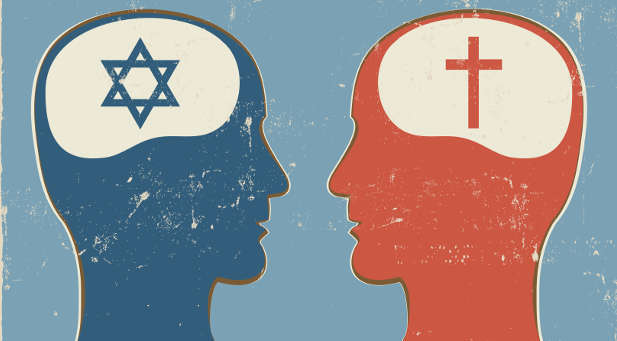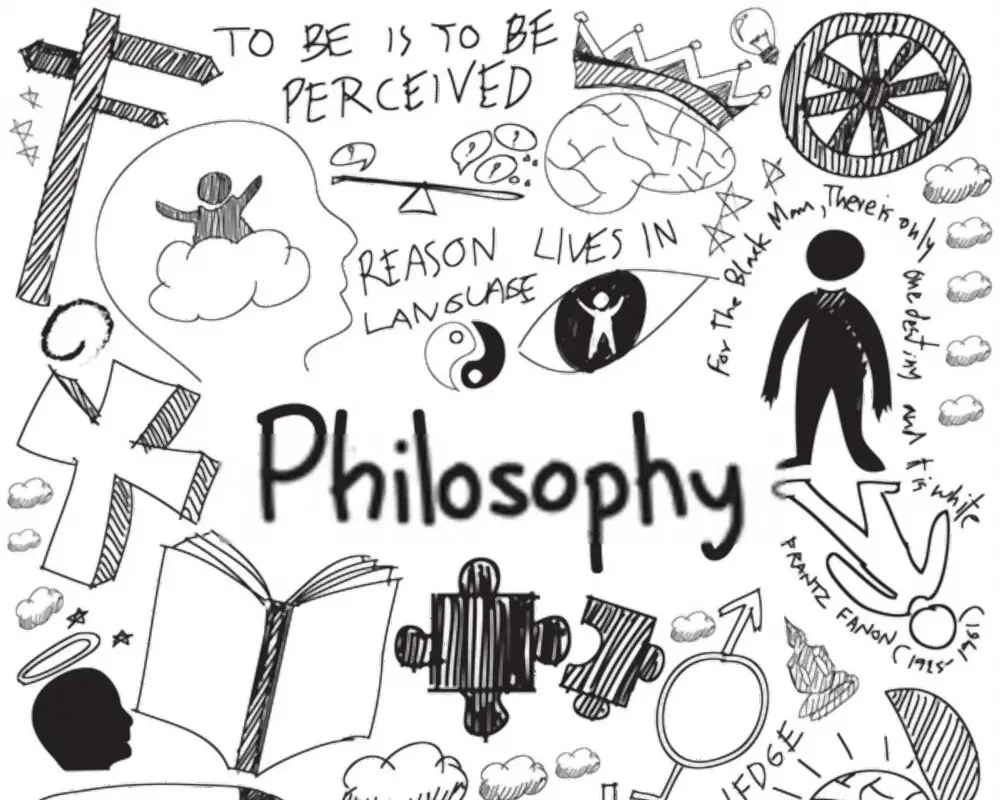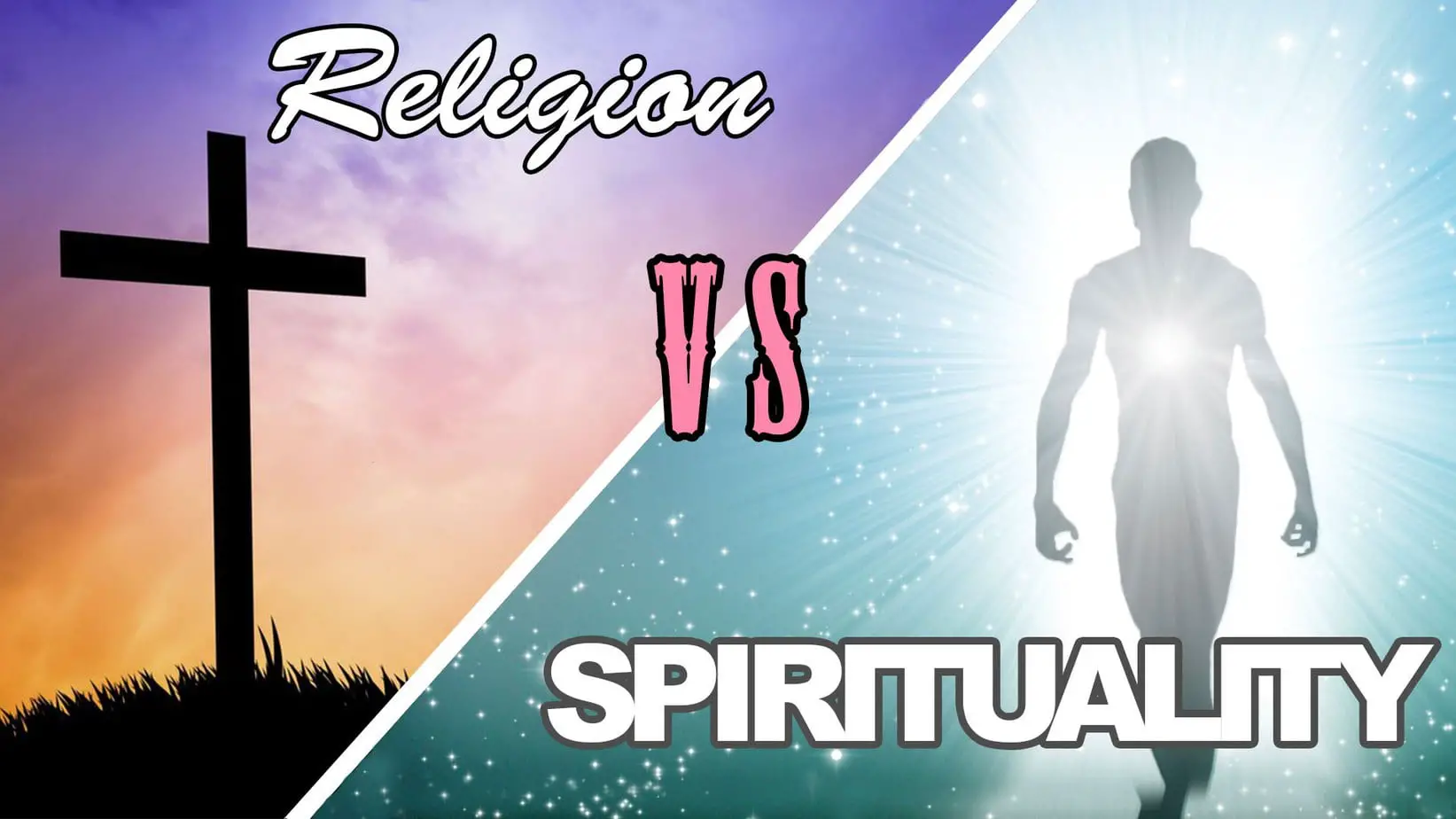Christian vs. Catholic – How They Differ?
Many might argue with the notion of even comparing Christianity with Catholicism, for Catholicism is considered to be one of the denominations of Christianity. Christianity is made up of 3 basic Denominations: Roman Catholics, Eastern Orthodoxy, and Protestantism.
It is true that the core principles and values cherished within Christian societies are often the same among different denominations, but there remains a stark difference as to how each group perceives those principles and puts beliefs to practice.
Who are Christians?
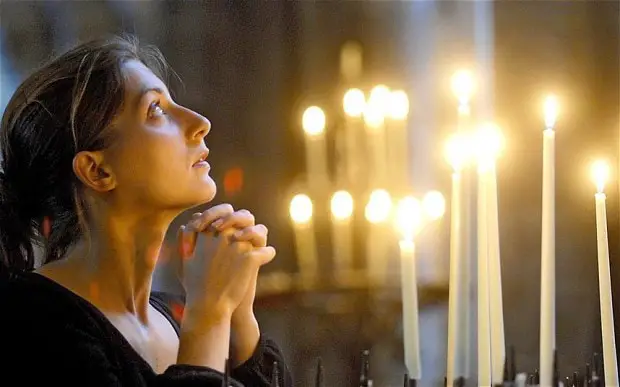
Christianity is perhaps the most identified-with religion in the world with more than 2.3 billion followers and a rising global inclination.
All Christians identify with the core belief and faith in Jesus Christ as a savior for all; they believe that back around 33 A.D, Jesus sacrificed Himself on the cross in order to save us all from sin.
Christ’s resurrection 3 days after his death is considered a holly prospect among Christians, and it constitutes the grounds for the majority of their most venerated beliefs.
All Christians believe in One God, but they also believe that God allows for 3 unique individuals; God the Father, Jesus Christ his Son, and The Holy Spirit.
They believe sin is what draws the line between God and mankind, and that is what advocates our need for forgiveness and salvation provided by Jesus Christ the Savior.
The Bible is Christians’ Holly Book, and it is regarded as God’s directed words meant to guide us through life and establish our sense of faithful commitment.
The bible can be split into two parts; The Old Testament and the New Testament which contains 27 books. Unlike Catholics, other Christian groups aren’t that severe when it comes to Bible interpretation; they commit to all religious matters stated, but there remains a small area of free conception.
What Are The DIifferences Between Religion And Spirituality
Who are Catholics?
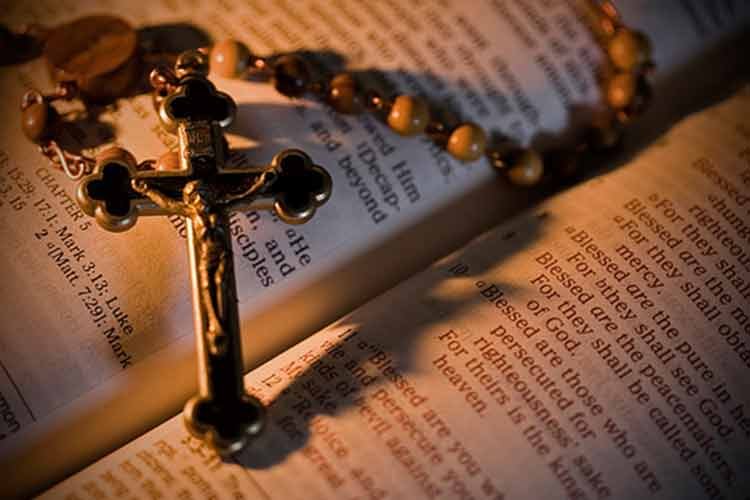
As we’ve mentioned, Catholics are Christians who follow the Roman Catholicism path, and they constitute the largest Christian group (more than 1 billion followers).
In the beginning, Christianity was in itself an independent unit which referred to one holy Catholic Church. With time, and just like all religions, Christianity faced standing points where people started breaking apart in terms of minor if not peripheral practices.
Hence, the Roman Catholicism denomination was founded, and Catholics consider it to be the only true continuation of the traditional Church. Contrary to other Christians, Catholics are more traditional in terms of relics and sacraments.
The most contrasting point is their belief that God can speak through the Pope as he is regarded as the “spiritual successor” of Apostle St. Peter (the first pope to them). They also have a men-exclusive rule regarding priesthood and vows of chastity, obedience, and poverty for monks and nuns.
All Christians believe in the afterlife with its Heaven and Hell, but Catholics specifically believe in the prospect of Purgatory as a pre-Heaven purification place.
Not to mention that most Catholics are baptized right after birth whereas different Christian groups allow for baptism at any life stage following faithful belief in Christ, his death, and his resurrection.
Some Related Articles:
- Key Differences Between Jews And Christians
- Christianity Vs. Islam
- Judaism Vs. Christianity: What Are The Differences?
- Muslim Vs. Islam – What Are The Differences?
Differences Between Catholics and Christians
Christianity is a diverse religion with numerous subunits. Here is a Catholics vs. Christians comparison table to help you pinpoint the differences:
Catholics |
Christians |
| Part of a Christian denomination | Part of a broad religion which encompasses several denominations |
| Are regarded as slightly traditional in practice and beliefs | Other denominations allow for a more “modern” perception of the Bible and its proceedings for example |
| Believe that God can speak through the Pope | Are against total allegiance to the pope |
| Are baptized right after birth | Can be baptized at any time after attaining faith |
| Have an all-men priesthood rule | Allow for female and married ministers |



